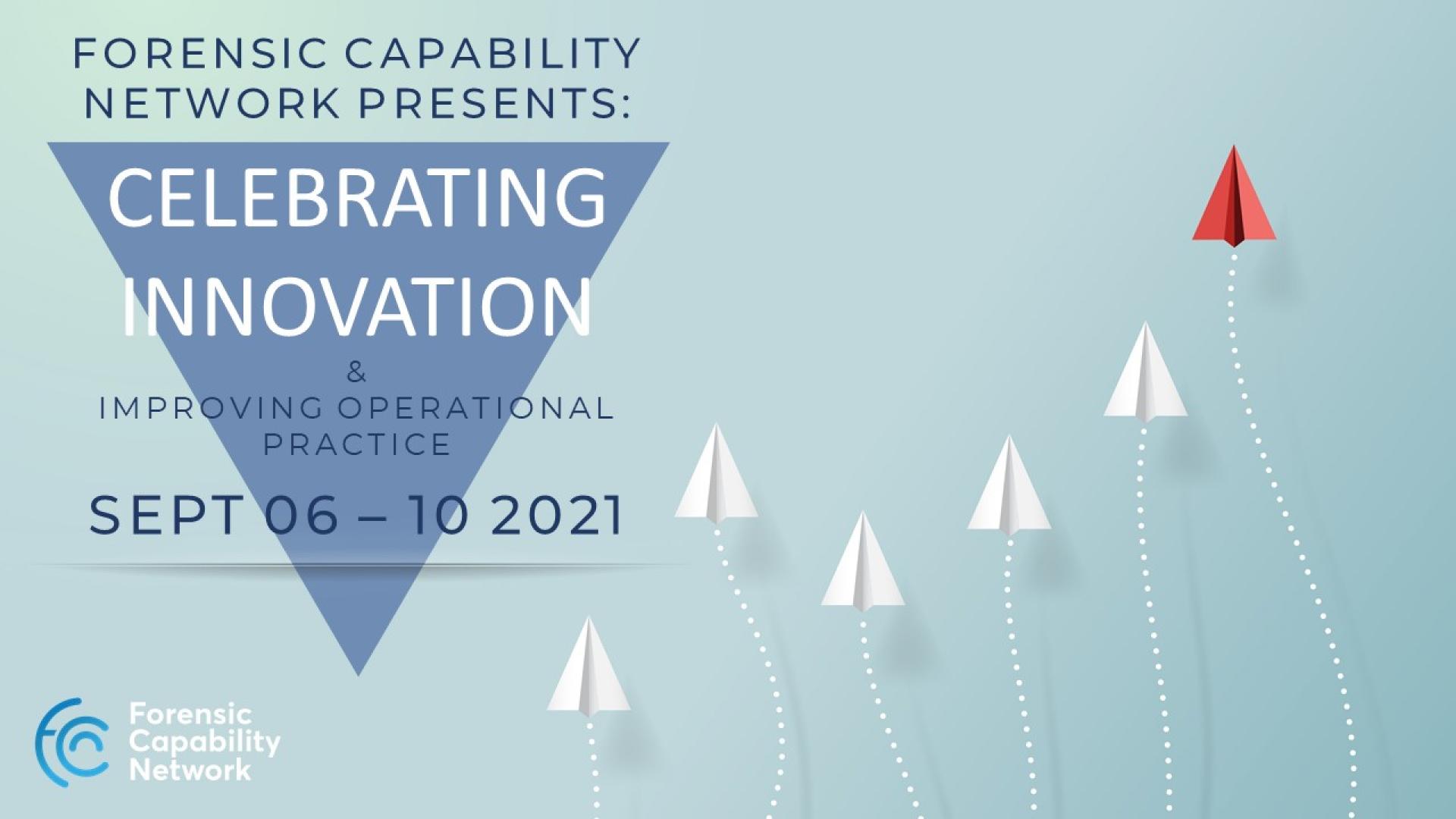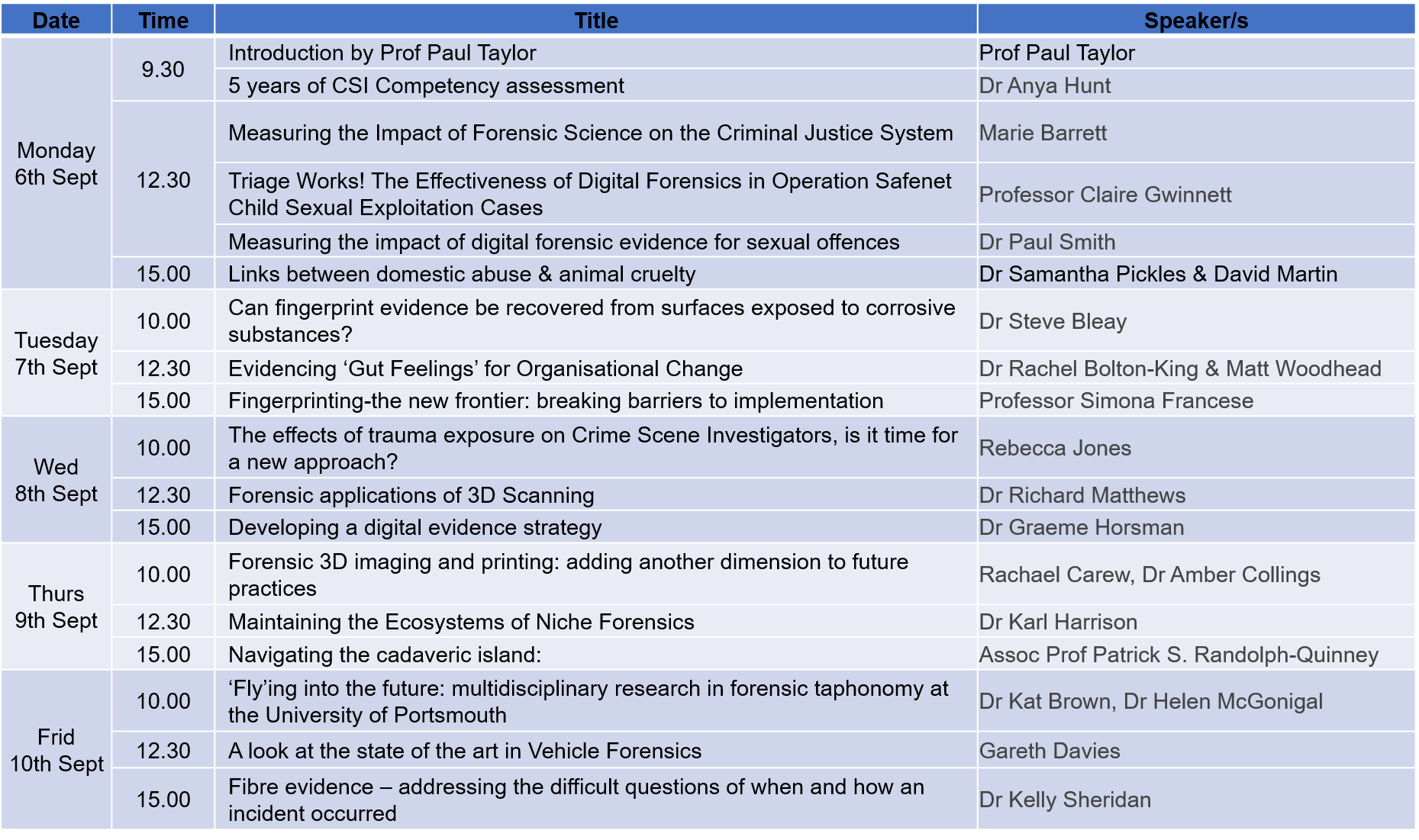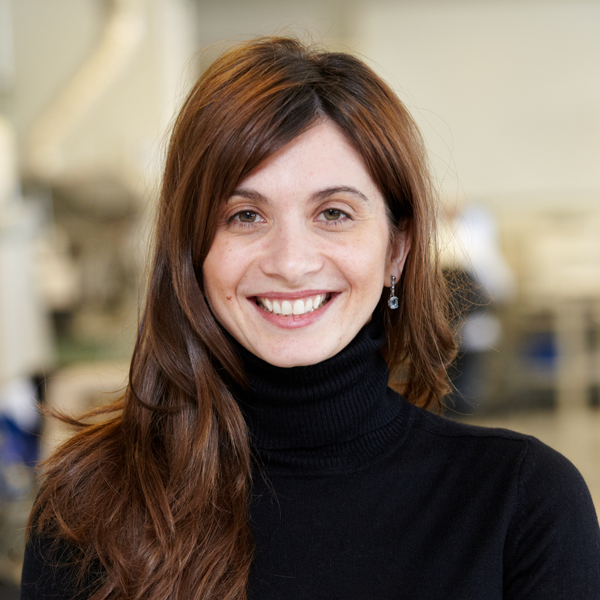22nd August 2025

Joining instructions for the FCN Research Festival.
FCN has revealed details of its first week-long Research Festival taking place this September, with free tickets now available for people in policing, academia and private-sector providers.
Through the theme of 'improving operational practice through academic research' FCN aims to inspire force forensic teams and investigators with cutting-edge research, and provide a vital link for academics into policing.
The festival takes place during the week of 6-10 September with all sessions on Microsoft Teams (dial-in options are available). Each session is around one to 1.5 hours and all sessions will be recorded for future viewing.
Following a keynote speech from NPCC Chief Scientific Adviser, Professor Paul Taylor, there are currently 16 sessions planned across three main areas: digital forensics, physical forensics, and strategic. Most of the research projects being presented have come to light through FCN's six vibrant research groups led by R&D Manager, Carolyn Lovell.

In the digital forensics area, sessions include:
In physical forensics, attendees can choose from:
Strategic forensic sessions include:

The Research Festival is part of FCN's wider activities in forensic R&D and innovation. FCN also has an active role in securing funding for forensic research projects. A total of £320,000 has been secured in the past year on projects ranging from county lines and drugs investigations to fibres and DNA .
Announcing the festival, Carolyn said:
“I was trying to think of a way to bring two parts of the community together: police forensic staff and academic researchers. There’s so much exciting research going on that it can be hard to keep up with. Through the wonder of technology, we can put on a week of events that people can join from their laptop or watch later.
“The FCN research groups have identified sharing current research and emerging technology as a key focus for 2021. I hope forensic practitioners will treat this as a great opportunity to gain some valuable CPD.”
Registration is currently open for the whole festival. Attendees don't have to choose sessions at this stage, and a detailed programme and joining instructions will be made available by the end of August. Individual sessions with sensitive content may be restricted at the request of the presenter.
Details & joining instructions here or find out more about FCN's research groups.